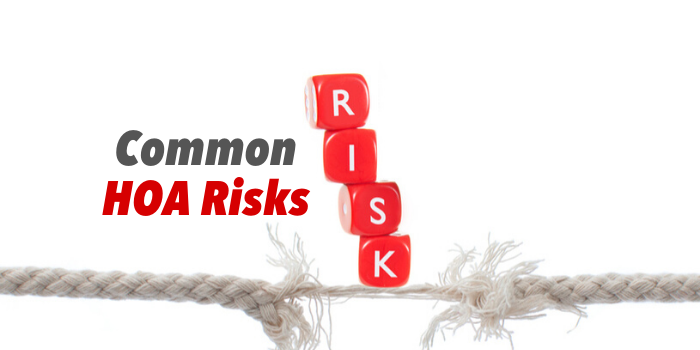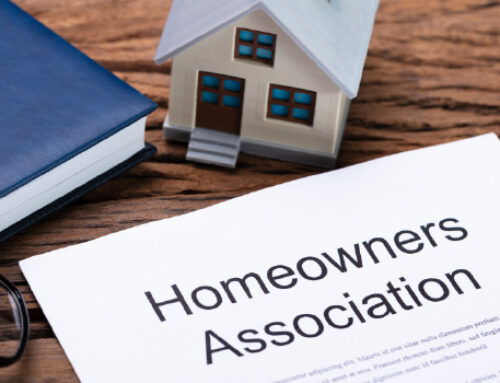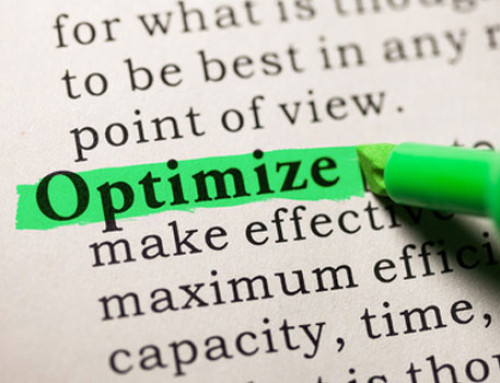We want to make sure all HOA boards and associations are taking proper measures to prevent risk for their association. Most HOA member/board disputes can be settled outside the courtroom but, we want to make sure that option is mitigated for you. If proper care and preventative measures are taken, you can limit your risk.
Below, we’ll discuss some of the most common exposures your associations could have:
Maintenance Failures
Two of the most common reasons for suits against an association result from failure to make needed repairs to units or upkeep of common elements in the community. Depending on the type of damage, the association is often responsible for repair, regardless of what may or may not be covered by insurance.
Plan Denial
A homeowner will sometimes escalate an appeal when their plans to make architectural or structural changes to their property are denied by the HOA.
Pet Disputes
Despite pet policies, many owners are quick to file a claim against an HOA when it comes to matters regarding their pets.
Discrimination
Attorneys representing homeowners’ associations report discrimination as a common risk for the association and board. Two laws boards should familiarize themselves with are the Fair Housing Act and the Americans with Disabilities Act. An HOA board should understand when they need to make accommodations. Open dialog and empathy with your homeowners requesting accommodations can help increase homeowner satisfaction and decrease risk.
Board Actions
It’s not uncommon for concern to arise when a board implements new services or expenditures requiring increased fees that members don’t want to pay. Communicate regularly and proactively to ensure homeowners understand why the changes are being made. Further, give them a voice to be heard when major changes are made.
Election Disputes
These claims involve board member recalls and election disputes, when one member, or a group of HOA members, strongly oppose the assembled board. As with all elections, people have their preferences. However, proper election management and communication can help ensure things are done fairly. Not everyone will like the results of any election, but you can sleep better knowing your election was done properly.
With all the above scenarios to take into consideration, how can an HOA minimize risk? HOAs can follow these few simple tips to limit exposure:
- Review Documents – HOAs should regularly review their association documents, guidelines, and CC&Rs to ensure that they are written clearly and precisely. Make sure that the rules and regulations are fair, enforceable, and properly updated as needed. Members should always be informed of any notable changes made!
- Perform Regular Maintenance – Don’t wait until complaints arise to make needed repairs or upgrades to common spaces and community buildings. Not only will proper maintenance keep complaints and risk at bay – your members will be happier and more open to cordially resolving disputes without escalation to a courtroom.
- Pick your Battles – According to some lawyers, many disputes result from board members’ personal preferences or lack of awareness of what’s expected. Personal preferences, grudges, or pride should never impair judgment on matters that could easily be solved without exposing the association to unnecessary risk.
While potential exposures are always a possibility for any association, the good news is that with knowledge and preparation, many potential risks can be either avoided altogether or resolved before escalating. For assistance resolving issues within your community association, contact Spectrum Association Management and see what makes us a refreshingly different HOA management company.
Related: 10 Tips for HOA Insurance







